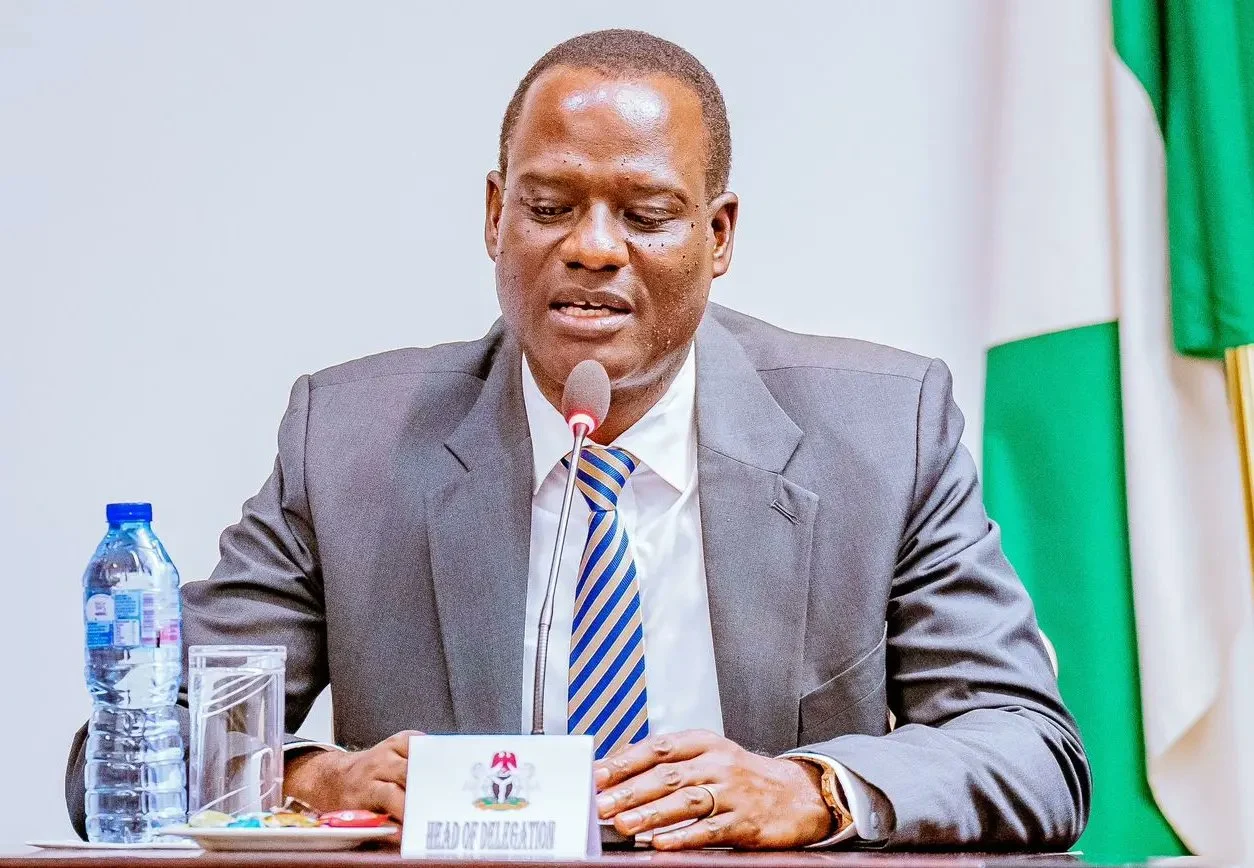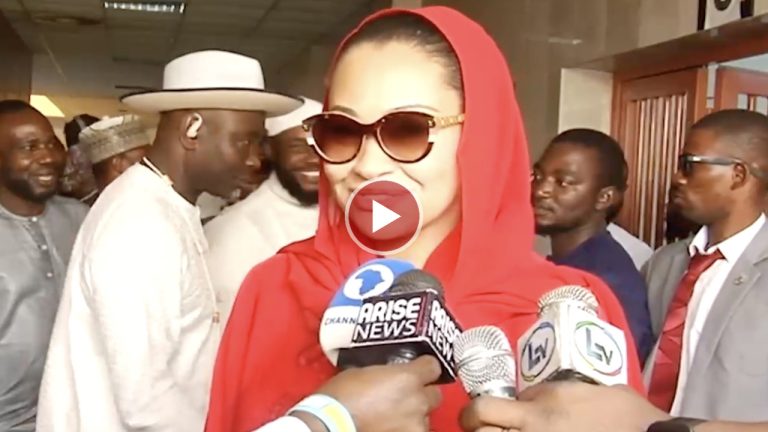
Chairman of the Presidential Committee on Fiscal Policy and Tax Reforms, Taiwo Oyedele, has raised concerns over Nigeria’s high interest rate environment, saying it is draining government resources and undermining economic stability.
Speaking during a webinar hosted by Standard Chartered Bank on Tuesday, Oyedele warned that the monetary policy strategy aimed at curbing inflation has become increasingly costly, both in terms of debt servicing and reduced government revenue.
“It’s been really expensive dealing with a high interest rate regime, whether for managing inflation or stabilising the exchange rate,” he said during the virtual event.
Interest Rates Eating Into FG Dividends
The Debt Management Office (DMO) recently announced new federal government bond offerings with interest rates of 14.06% and 15.06% for two- and three-year durations respectively, underscoring the high borrowing costs the government must shoulder.
Oyedele explained that such elevated rates directly affect the dividends paid by the Central Bank of Nigeria (CBN) to the federal government, as more funds are diverted toward interest payments on instruments like treasury bills and open market operations.
“When the CBN pays high interest on these instruments, it reduces the dividend available for the federal government,” he said.
Despite these challenges, the fiscal policy chief expressed optimism, forecasting that Nigeria could soon see lower interest rates, a more stable FX market, and improvements in external reserves.
“Naysayers Undermining Tax Reforms”
Oyedele also addressed growing public skepticism surrounding the government’s ongoing tax reforms, warning that negative narratives are threatening to derail critical progress.
“Some people don’t want these reforms to succeed. They amplify what’s not working and downplay what is,” he said. “But failure of government reforms is failure for the entire country.”
He maintained that the reform committee remains focused and committed, despite opposition and misinformation.
“There is clarity from the top. We’re not complacent. We know there’s still a lot of work to do, and we’re pressing forward,” Oyedele assured.
Informal Sector Still Not Tax-Ready
In an earlier statement this month, Oyedele revealed that over 90% of informal sector operators in Nigeria lack the capacity to pay taxes, adding further complexity to revenue generation efforts.
The committee has repeatedly emphasized that Nigeria’s path to fiscal sustainability lies in broadening the tax base, closing leakages, and simplifying compliance, rather than simply raising rates.


